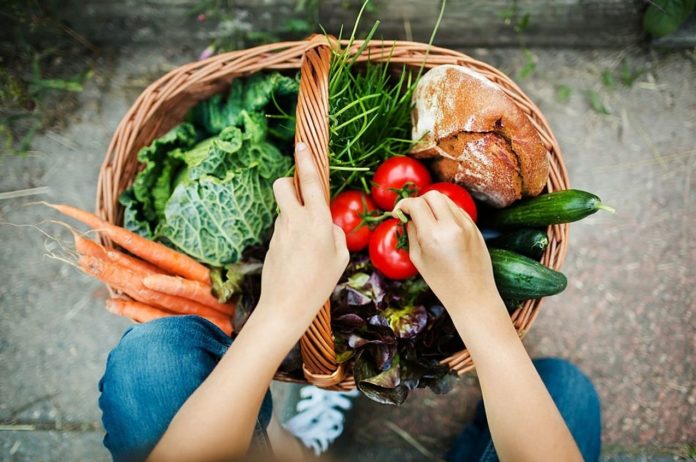Cancer is a primary cause of mortality, despite massive resources being committed to improving the dismal statistics. The goal of continuing research is to strike a preemptive blow to cancer.
According to a review of global studies undertaken by the cancer charity World Cancer Research Fund (WCRF), a type of vegetable doubles the risk of stomach cancer, and the evidence is “strong.”
Cancer is the biggest cause of death worldwide, responsible for nearly 10 million deaths in 2020. Despite billions of dollars spent on research, there is still no solution. However, progress is being made, and risk reduction is one positive area.
Researchers are continuing to learn more about how certain lifestyle choices can affect your risk of developing cancer.
Although study on diet is ongoing, a number of foods have been linked to an increased risk of cancer.
One of the most shocking conclusions is that consuming preserved non-starchy veggies may raise the risk of acquiring stomach cancer.
That is the conclusion of a comprehensive study undertaken by the cancer charity World Cancer Research Fund (WCRF).
Food preservation is the process of treating and storing food in such a way as to prevent rotting and food-borne illness while keeping nutritional content, texture, and flavor.
Food is frequently salted and pickled to extend its shelf life, a process that has been linked to the development of stomach cancer.
Animal models have indicated that excessive salt levels affect the viscosity of the mucus that protects the stomach and increase the development of N-nitroso compounds, according to the WCRF.
“In addition, high salt intake may stimulate the colonization of H. pylori, the strongest known risk factor for stomach cancer,” the cancer charity warned.
“Finally, in animal models, high salt levels have been shown to be responsible for the primary cellular damage that results in the promotion of stomach cancer development.”
The charity concludes that “strong evidence” exists that salt-preserved foods (particularly preserved non-starchy vegetables) enhance the risk of stomach cancer.
Vegetables can be divided into groups based on the amount of starch they contain.
Non-starchy vegetables include the following:
- Carrots, beets, parsnips, turnips and swedes as well as green, leafy vegetables (such as spinach and lettuce)
- Cruciferous vegetables (the cabbage family, for example, bok choy [pak choy], broccoli, cabbage and watercress)
- And allium vegetables (such as onions, garlic and leeks).
Carbohydrate levels are higher in starchy vegetables such as potatoes, sweet potatoes (yams), cassava (manioc), sago yams, and taro than in non-starchy vegetables.
A growing body of data points to the dangers of salting and pickling foods.
According to a report published in the British Journal of Cancer, those who eat a regular diet of highly salted foods have a twofold increased risk of stomach cancer.
The study looked at the eating, drinking, and smoking behaviors of roughly 40,000 middle-aged Japanese people over an 11-year period.
According to the study, the risk of stomach cancer among Japanese males with the lowest salt intake was one in 1000 per year. This increased to one in 500 among individuals who consumed the most salt.
Image Credit: Getty
You were reading: Scientists reveal vegetables that increase the risk of cancer
